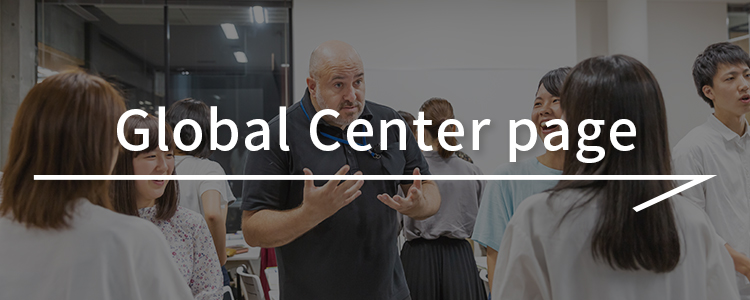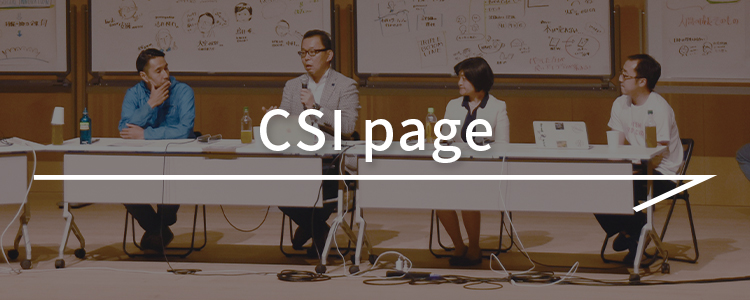Learning at the University of Nagano: NAGANO×GLOBAL
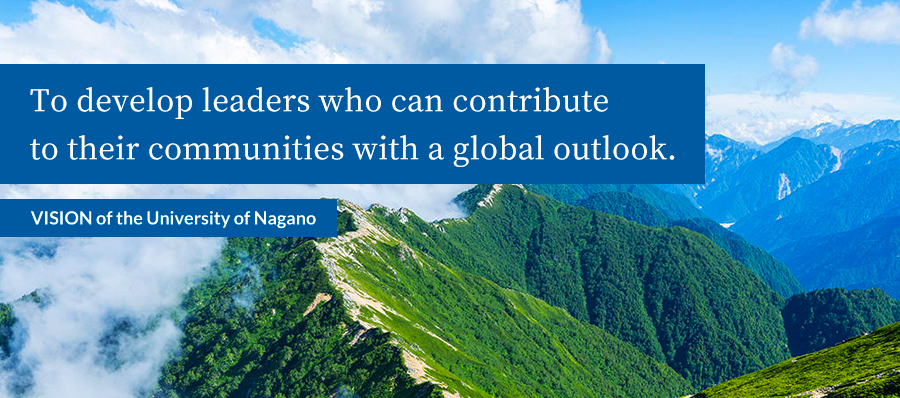
The University of Nagano aims for the development of leaders who can create communities with a global outlook. Societies of the future need to think globally, learn and engage with the world, and then bring this knowledge back into Japan and local communities. The world and local communities are not opposed to each other, they are connected. Here in Nagano, we aim to achieve learning that enables every student to forge ahead into the wide world and tackle ambitious dreams.
WHAT WE CAN DO
The University of Nagano aims to serve as a base of knowledge within Nagano Prefecture, to communicate research achievements that will enable sustainable development in the world, and to be a university that can create a better future for humanity. In the creation of this place of learning, we have attempted to escape existing boundaries and build a completely new educational program from scratch.
The University of Nagano aims to serve as a base of knowledge within Nagano Prefecture, to communicate research achievements that will enable sustainable development in the world, and to be a university that can create a better future for humanity. In the creation of this place of learning, we have attempted to escape existing boundaries and build a completely new educational program from scratch.
1. A base for knowledge and learning to develop leaders
In order to develop the thinking ability and communication ability that will give students the grounding for entry into society, the University of Nagano will place an emphasis on the first-year general education that is particularly important as a foundation, and will then widen this into professional education to offer deeper practical and self-directed learning. Doing so, the university will train human resources who balance basic education with specialized fields and who are ready to play a role in society.
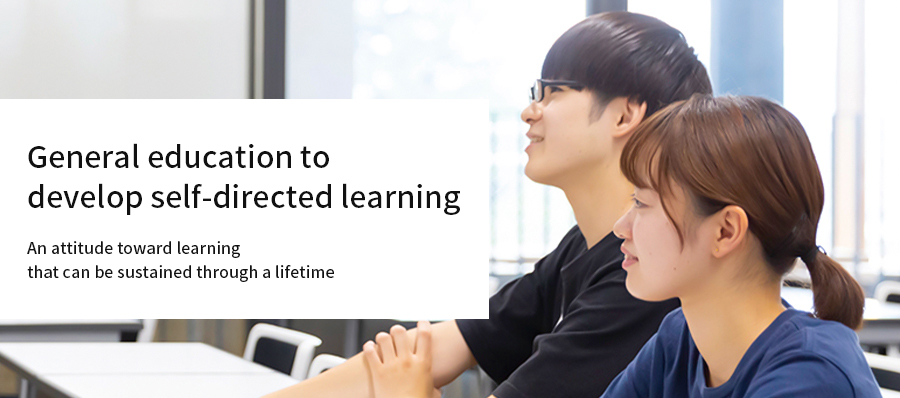
First-year education at the University of Nagano
Through a variety of programs, the university will foster the basic capabilities, Japanese and English communication abilities, thinking ability, judgment, self-expression ability, and academic skills that are required in a university, laying a foundation for the second and later years. We are convinced that these abilities will nurture the self-directed learning that forms the foundation for living within society, and that the education acquired will provide the tools to overcome any number of barriers.
Small-group education
Attentive education matched to the individuality and aptitudes of each student is one of the ideals for education. Toward this end, the university offers small-group courses that support discussion and dialog in which students form their own questions and engage in input and output. Each class will be limited to 25 persons in the English Program for Global Mobility, and to about 16 persons in the Communication Seminar.
First-year dormitory system
Students study together while cooperating and competing with one another, thereby fostering independence, social skills, communication skills, and other human skills. Dormitory life offers cross-cultural interaction with foreign students and connections with community events, and further builds rich career education through encounters with guest speakers at Zozan Mirai Juku. Living with other students provides insights and lessons that cannot be learned in a classroom.
English education
Fusing the four skills of reading, listening, writing, and speaking, the English Program for Global Mobility offers courses four times a week during the first academic year to foster the capabilities to operate and communicate in English. Students will gain the practical ability to listen and understand key points.
Discussion classes
Discussion is the starting point of education. In fact, Plato and Confucius are said to have taught their students to pursue truth through dialog and discussion. At the University of Nagano, we actively utilize interactive classes that include discussion in the General Education and Professional Licensing Programs and Technical Training of each department. The classes are 100 minutes long to ensure sufficient time for communication with students, transmission of knowledge, and confirmation of understanding.
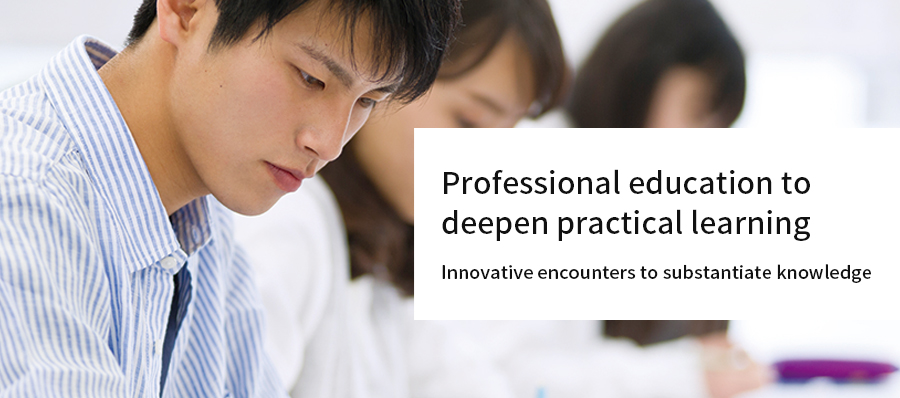
Internships that last beyond the experience
- Faculty of Global Management Studies -
- Faculty of Global Management Studies -
Within Nagano Prefecture, there are many excellent and sustainable companies, including businesses with unique long histories, and companies that have taken their products into overseas markets. Students can see these Japanese companies and visit companies overseas. The internship program offers practical study within a company.
Practical work to deepen professional skills and learning
- Faculty of Health and Human Development -
- Faculty of Health and Human Development -
This faculty trains human resources who are ready to play a role in their places of employment after graduation. As a part of an appropriate university education, students gain not only qualifications but also practical abilities that can be gained only through greater experience in hospitals, kindergartens, nursing care facilities, and other workplaces, along with flexibility and judgment to react steadily in the face of unexpected situations.
Inviting innovators for extensive learning at CSI
The faculty is developing a variety of programs centered around the Center for Social Innovation Initiatives (CSI). Together with advisory members from around Japan, and professionals from many fields, the CSI will create new mechanisms for the resolution of problems. It will further achieve innovative and practical human resource development through open lectures, and through cooperation among academia, industry, and government.
2. Learning about the world and fostering a global outlook
Wherever one is in Japan, it will no longer be possible to resolve issues without possessing a global outlook. What is important is not whether one goes overseas, but rather what one thinks and learns there. At the University of Nagano, all students will be tasked with intensive courses in English as an international language and with short-term overseas programs. The university will also promote international communication with foreign students, and will nurture diverse values.
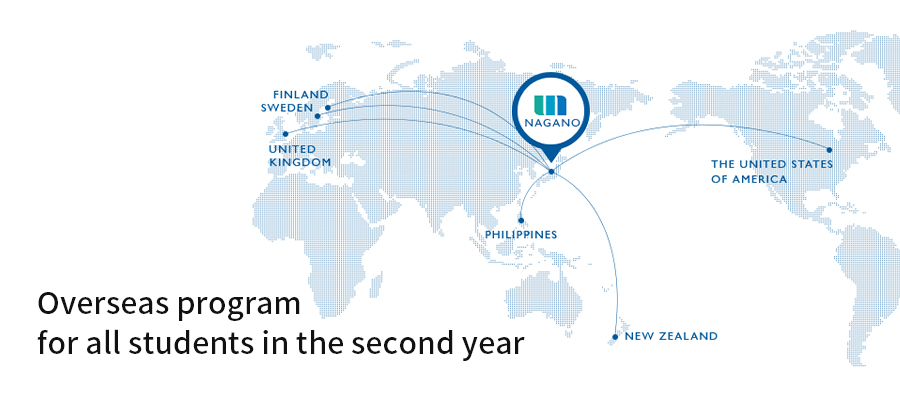
In this short-term training program, second-year students will deepen their understanding of language and of their major. As with dormitory life, by making it mandatory for everyone to participate, we expect that students with shared experience will become independent together and develop into human resources that are capable of collaboration.
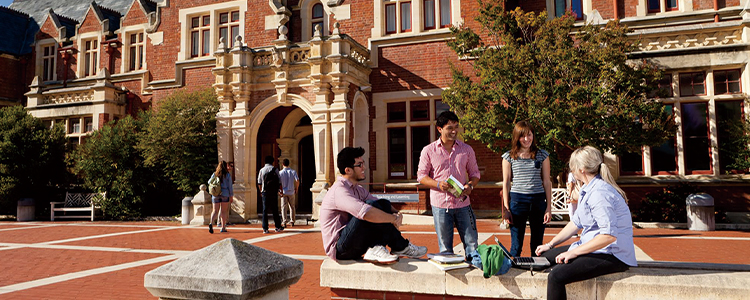
POINT 01 In principle, all students will take part in the program.
By having every student gain experience overseas, the short-term training program will nurture a solid foundation for studies in language and in professional fields.
By having every student gain experience overseas, the short-term training program will nurture a solid foundation for studies in language and in professional fields.
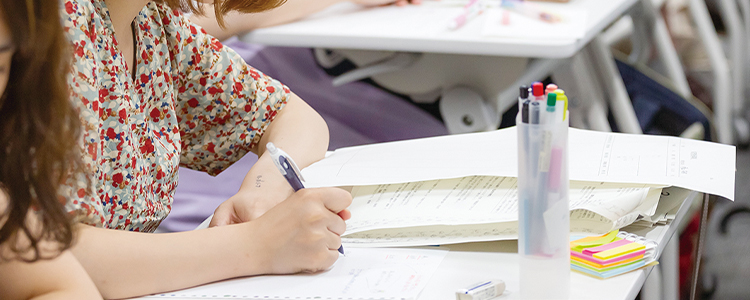
POINT 02 Preparations and study reports
Students will perform studies in advance through training and other activities within Nagano, and will ask themselves what they will learn as they head to their overseas training destinations. Upon returning to Japan, they will exchange information on conditions in other countries and other topics with peers, through presentations and report sessions.
Students will perform studies in advance through training and other activities within Nagano, and will ask themselves what they will learn as they head to their overseas training destinations. Upon returning to Japan, they will exchange information on conditions in other countries and other topics with peers, through presentations and report sessions.

POINT 03 Toward the development and acquisition of human skills
Through cross-cultural experiences, the presentation of ideas in English, and interaction with local students, program participants will acquire leadership, cross-cultural communication ability, problem resolution ability, and the toughness to face problems.
Through cross-cultural experiences, the presentation of ideas in English, and interaction with local students, program participants will acquire leadership, cross-cultural communication ability, problem resolution ability, and the toughness to face problems.
Concrete learning that students in each department can experience on-site
Department of
Global Management Studies
Global Management Studies
- Attend lectures on the fundamentals of business at the university, etc.
- Discuss issues by way of company tours and workplace experiences, and conduct presentations in English
Department of
Food and Health Sciences
Food and Health Sciences
- Lectures and practical work experience related to food and health at the university and in the region
- Observation tours of hospitals, welfare facilities, etc., and interaction with Registered Dietitians (RDs)
Department of
Child Development and Education
Child Development and Education
- Interaction with local students and lectures on child care and child education in Finland, a leader in education
- Observation tours of nurseries, practical work experience in child care amid a natural environment.
3. Innovation that connects regions and creates new value
New innovation that draws on business to advance society in a positive direction is known as social innovation. To deal with the issues faced by modern society, there is a need to create effective, sustainable, innovative mechanisms that work not only through public institutions but also through corporate activities, etc. Through cooperation among academia, industry, and government, the University of Nagano will support the development of new mechanisms that will trigger regional revitalization, and will advance new forms of contribution.
Developing leaders who have roots in Nagano Prefecture, who have affection for Nagano, and who will someday give back to it.
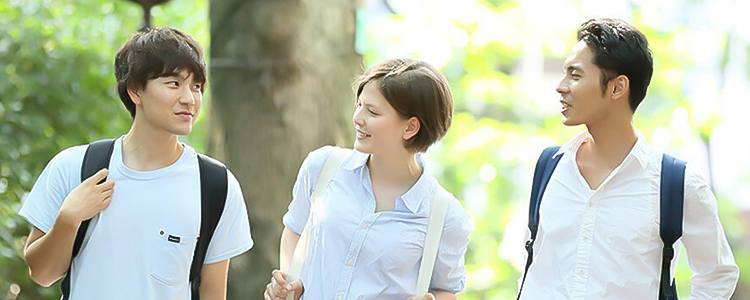
Many excellent companies thrive in Nagano Prefecture, as do entrepreneurs who give rise to new standards and lead their communities. Interaction with these will instill students with courage and inspiration. Forming ties with outstanding people from Nagano will give rise to a connection that can someday give back to the prefecture, no matter where the students may travel in Japan or in the world. The university aims to develop innovative human resources that can transform society under a broad perspective.
Regional revitalization as the education hub of Nagano

Nagano Prefecture enjoys beautiful, abundant nature and long history and traditions. Sakuma Zozan, a scholar of Western learning in the last days of the Tokugawa Shogunate, was born in Shinshu. The young people who learned at his private school became a driving force in pioneering a new age. The University of Nagano aims to act as a source for regional revitalization and reinvigoration and as a base for knowledge that will activate industry, culture, and lifestyles in Nagano.
Sparking students' potential through encounters with outstanding role models

It is said that the birth of a university reinvigorates its urban surroundings. In the way that universities become starting points for innovation in the U.S., students with hopes of changing the world will gain opportunities to meet with role models who are active in society. Seeing the world's innovators, professionals, and entrepreneurs with their own eyes, students will experience a great awakening.

